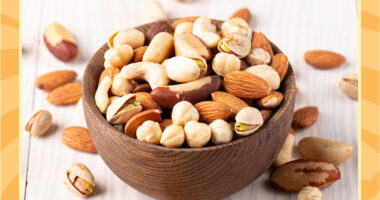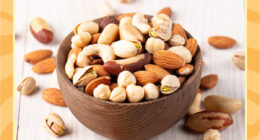Stop Nighttime Bathroom Breaks, experiencing frequent trips to the bathroom at night, known as nocturia, can disrupt sleep and lead to a host of other health issues, including fatigue and irritability. Millions of people face this challenge, with studies indicating that approximately 69% of men and 76% of women over the age of 40 report bothersome nocturia. Understanding the underlying causes and implementing effective strategies can significantly improve your sleep quality and overall well-being.

Understanding Nocturia
Nocturia is characterized by waking up multiple times during the night to urinate. This condition can stem from various factors, including excessive fluid intake before bed, underlying health issues such as diabetes or prostate enlargement, and lifestyle choices like caffeine or alcohol consumption. Recognizing these triggers is essential for developing a tailored approach to manage nocturia effectively.
4 Home Remedies to Stop Peeing So Much at Night
Implementing simple home remedies can often alleviate nighttime urination without the need for medication. Here are four effective strategies:
1. Adjust Fluid Intake
Limiting fluid consumption in the hours leading up to bedtime is one of the most straightforward ways to reduce nighttime bathroom visits. Aim to stop drinking liquids at least two hours before sleep. If you must drink in the evening, opt for bladder-friendly options like water while avoiding caffeine and alcohol, which can irritate the bladder.
2. Elevate Your Legs
If you experience swelling in your legs during the day, try elevating them for an hour or more before bedtime. This practice helps reduce fluid accumulation that might otherwise shift to your bladder when lying down, thus decreasing nighttime urination.
3. Double-Voiding Technique
This technique involves emptying your bladder completely before bed. After your initial trip to the bathroom, wait a few moments and attempt to urinate again. This ensures that any residual urine is expelled, reducing the likelihood of waking up during the night.
4. Kegel Exercises
Kegel exercises strengthen the pelvic floor muscles, which support bladder control. To perform Kegels, identify your pelvic muscles (the ones you use to stop urination), contract them for five seconds, then relax for five seconds. Repeat this cycle ten times, three times a day. Over time, this can help improve bladder function and reduce nocturia episodes.
How to Stop Peeing at Night: When to See a Doctor
While lifestyle changes and home remedies can be effective for many individuals, it is crucial to recognize when professional intervention is necessary. Consider consulting a healthcare provider if:
- You find yourself waking up more than twice a night to urinate.
- You experience other symptoms such as pain during urination or blood in urine.
- Your nocturia disrupts your daily life or leads to excessive daytime fatigue.
- You have underlying health conditions like diabetes or heart disease that could exacerbate urinary issues.
A healthcare provider may conduct tests such as urine analysis or blood tests to determine any underlying conditions contributing to nocturia. Treatment options may include medications that reduce urine production or address specific medical issues.
Conclusion
Managing nocturia involves understanding its causes and implementing practical strategies tailored to individual needs. By making informed lifestyle choices and seeking medical advice when necessary, you can significantly reduce nighttime bathroom trips and enjoy more restful sleep. Remember that addressing this issue enhances your sleep quality and contributes positively to your overall health and well-being.
Also Read | 9 Expert Tips to Overcome Holiday Loneliness and Find Joy





